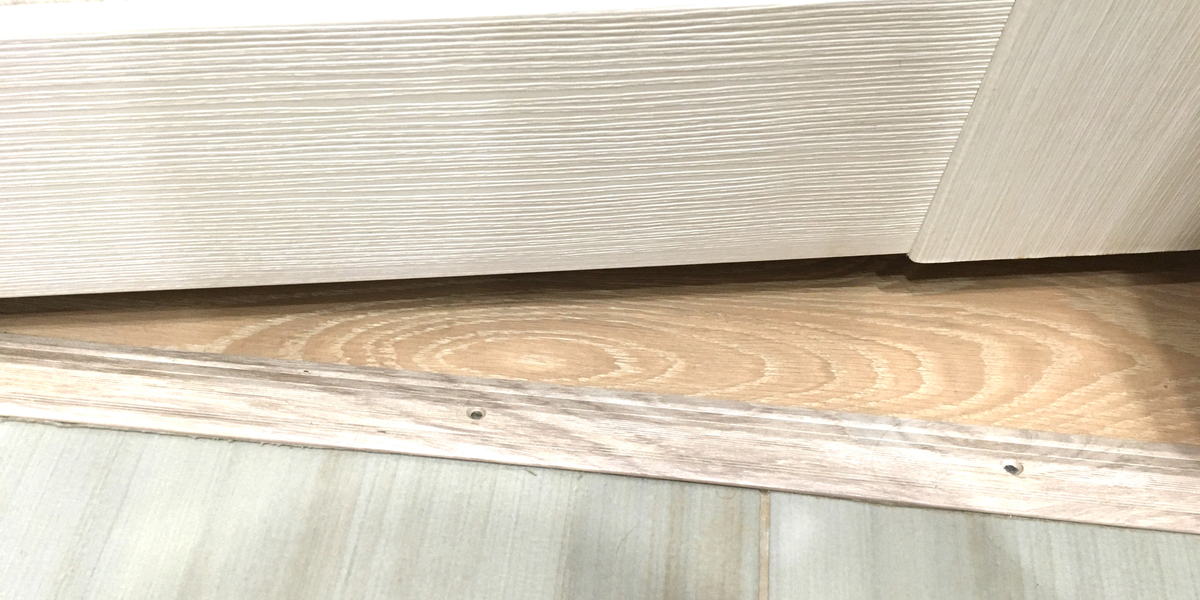A bright day dawns for young people affected by Huntington’s disease as HDYO, the Huntington’s Disease Youth Organization, is launched. Created for young people, by young people, HDYO represents nothing less than a generation of people affected by HD, standing united to fight the disease together.
Growing up is hard to do
Things can be tough for anyone whose life has been touched by Huntington’s disease. For children, teenagers and young adults, the challenges of growing up in an HD family can be immense, whether it’s seeing loved ones get HD symptoms, caring for unwell family members, coming to terms with being at risk of HD, or even developing juvenile HD themselves.
The problem
Traditional support networks like the Huntington’s disease associations and online communities have done their best to support young people affected by HD, but catering to their particular needs has always been difficult. Recently, powerful social media forces like Twitter and Facebook have enabled young people to become more connected than ever – but good quality, understandable information has been in short supply.
The solution
An inspiring group of young adults from HD families has decided to take action. For the past couple of years, they’ve been planning and developing HDYO, the Huntington’s Disease Youth Organization. HDYO has just launched and its website at hdyo.org is now active. You can also follow HDYO on Twitter (@hdyofeed) and Facebook (hdyouthorg).
A combination of articles, forums, videos and features offers a multitude of information and support. The site is divided into ‘kids’, ‘teens’, ‘young adults’, ‘parents’, ‘professionals’ and ‘JHD’ to make finding appropriate information easy.
It won’t surprise any HDBuzz reader to hear that we are keen on empowering people through good quality information. We think that communication and openness are crucial weapons in the fight against HD. And we can’t think of a better way for the next generation of HD-affected people to take a stand against the disease than to inform, help and support each other.
A responsible team
One understandable concern with a self-support network like HDYO is whether the information and support provided will be dependable. But if HDYO conjures up visions of wild parties and kids running amok, set your mind at ease. The team behind HDYO has assembled a team of expert professionals to advise on their content and make sure that the advice and support given is safe and reliable.
A new day dawns
We couldn’t be more impressed by HDYO. Its founder Matt Ellison, and the other board members, are all HD family members who’ve chosen to fight HD by supporting other young people. We don’t think it’s an exaggeration to see this as a truly inspiring development – a generation of young people, standing together to declare that being affected by HD is nothing to be ashamed of, and offering positive suggestions and solutions for ways to make a real difference, from talking to kids about HD to tips for fundraising and getting involved in research.
It was a similar attitude of optimism and cooperation that led to the discovery of the HD gene in 1993. And we have high hopes that great things will come of HDYO.
The launch of HDYO brings to mind something written by the author Margaret Mead: “Never doubt that a small group of thoughtful, committed people can change the world. Indeed, it is the only thing that ever has.”







